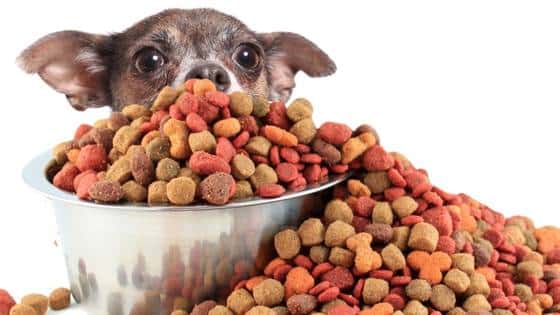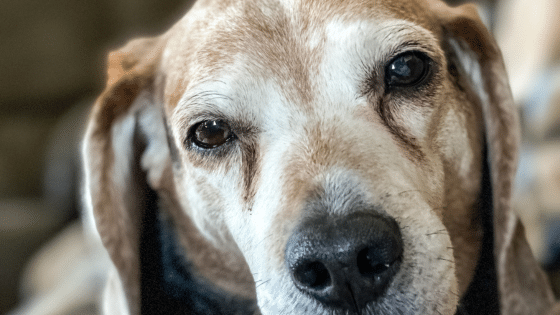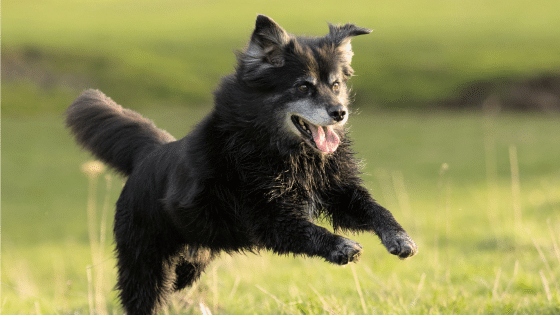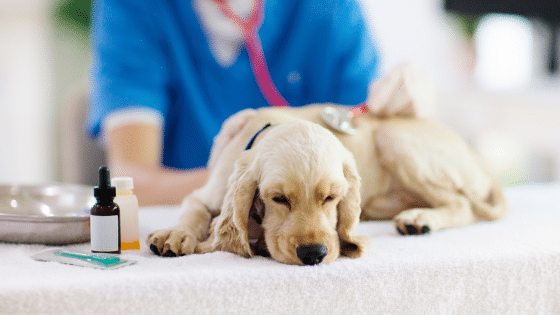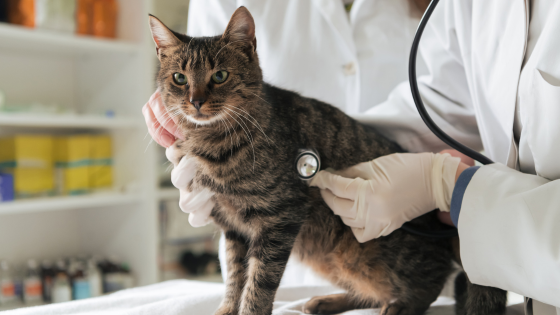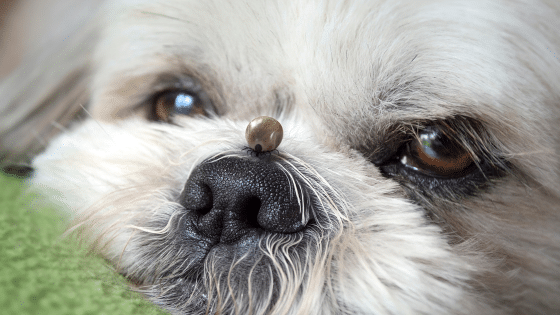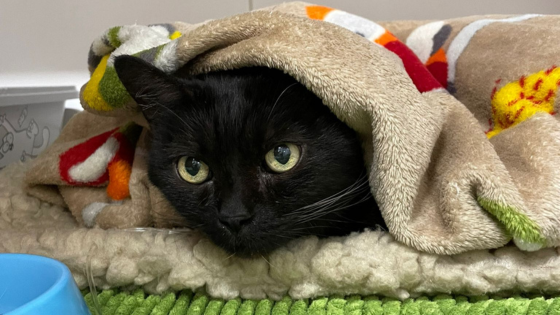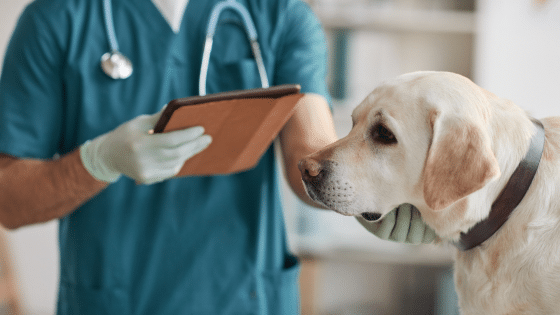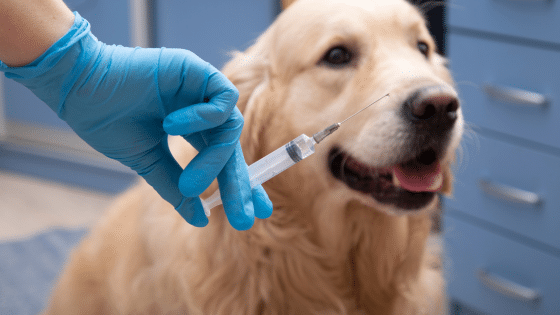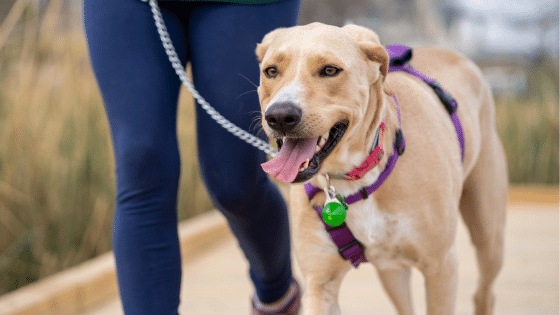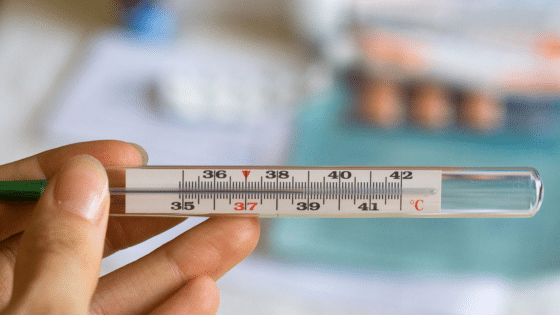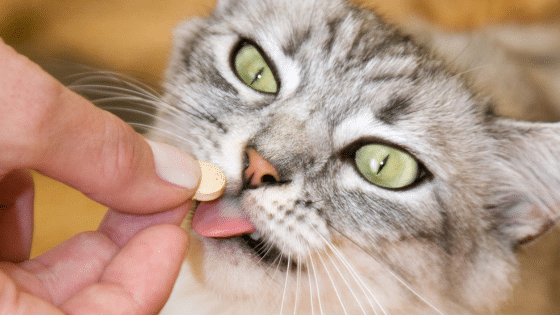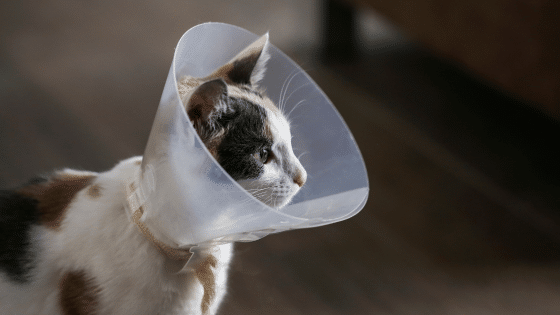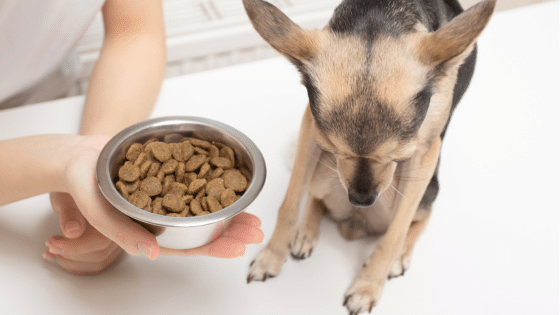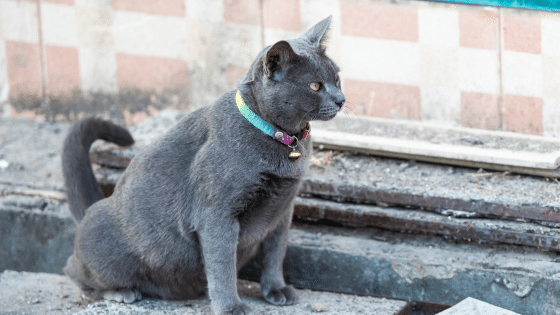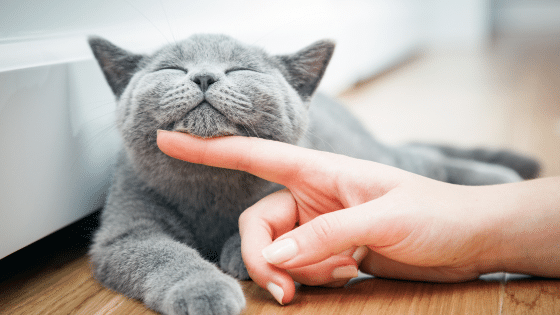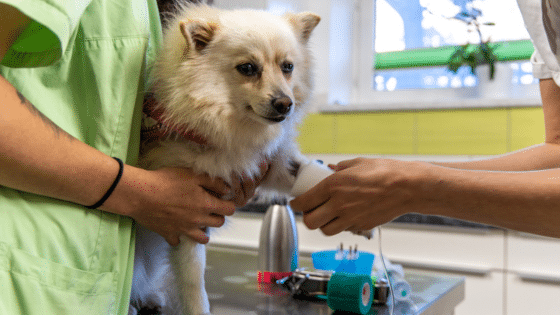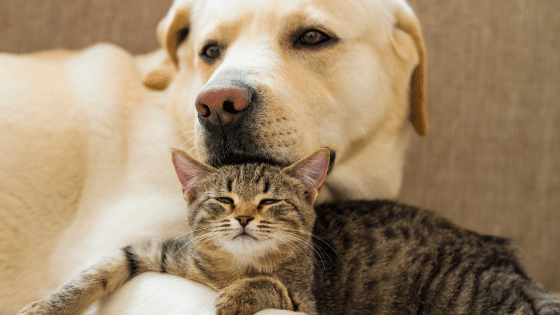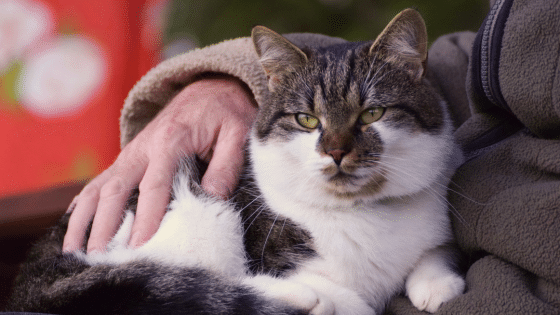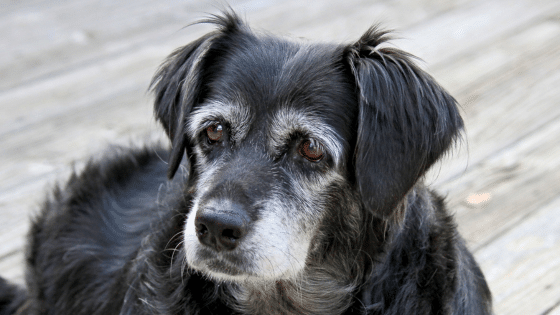Nutrition of the dog - Healthy food for your pet!
How do I feed my dog properly?

More and more often we see patients who need to be treated due to malnutrition or nutritional deficiencies. Especially in growing animals, a prolonged under- or over-supply of nutrients can lead to growth disorders and joint problems. Also overweight or underweight, feed intolerances and allergies can usually be remedied with a nutrient composition that meets the needs.
- Basically, a dog should be fed with all the nutrients it needs in the right amount and in the right proportions.
- Fresh water must always be available.
- Food scraps from the table are not for the dog.
- The food should be adapted to the nutritional and health status and activity of the dog.
How often should I feed my dog?
Puppies should initially have their food amount divided into several small rations, adult dogs can be fed 1 - 2 times a day.
How much should I feed?
For dry or wet food, it is best to follow the recommended amount of food from the manufacturer, thus ensuring that the animal is optimally supplied. Every reputable dog food has a table with the recommended amount of food for the weight of the dog printed on the back.
Need-based nutrient composition
The nutritional needs of the dog should be adapted to its individual situation:
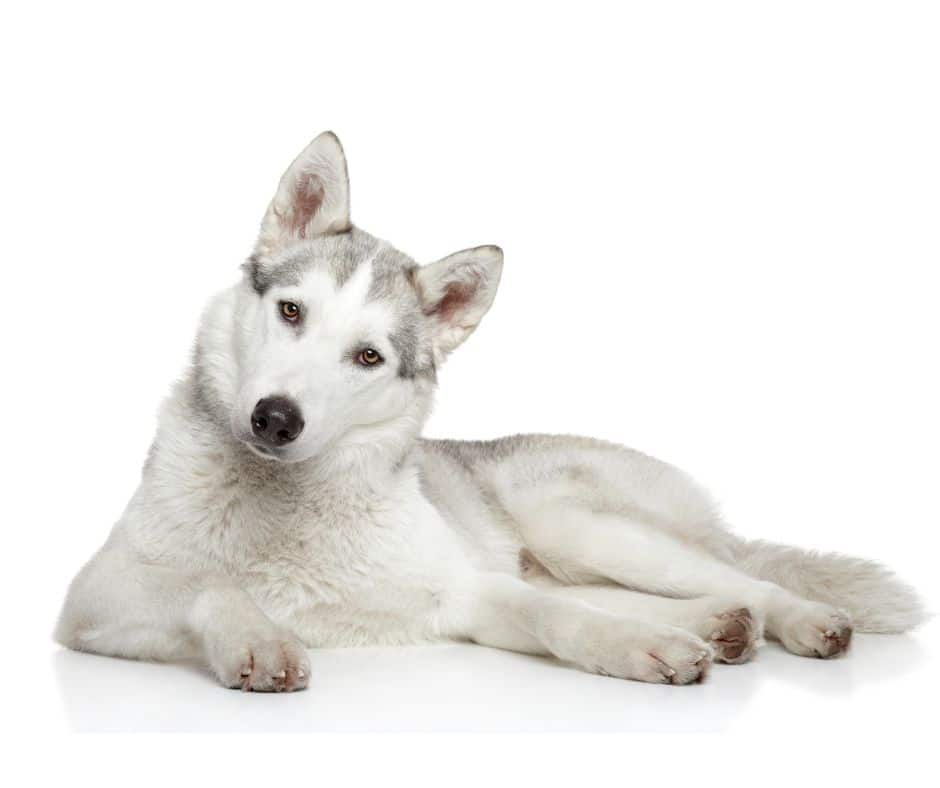
- AgePuppies need a higher energy density than adult neutered dogs when growing.
- Weight / nutritional statusOverweight animals should receive fewer calories and fat. Underweight animals a lot of calories and protein.
- ActivityAn active young puppy needs significantly more calories than a senior dog.
- Breeding useBreeding dogs have a significantly higher energy requirement (especially during pregnancy).
- Health statusFor animals with diseases, an adapted diet can make a decisive contribution to recovery.
- Allergies / IntolerancesFor feed intolerances, the right protein and carbohydrate source is crucial.
Dry food
In a (high-quality) dry food, all nutrients are contained in the required amounts for the animal. Heat production makes the nutrients easily digestible. The dog's gastrointestinal tract is designed for continuity and benefits from a constant composition of the food. Another advantage of dry food is that it encourages chewing, which contributes to dental health through mechanical abrasion. There are adapted variants for (almost) every phase of life (growth, pregnancy, senior), state of health (kidney, liver or gastrointestinal diseases) or activity of the dog.


Wet food
Wet food is usually very attractive to the dog in terms of taste. There are now many suppliers with good quality. You should make sure that there are no flavour enhancers or other additives in the food. However, feeding only wet food usually contains too much protein.
Home-cooked food or raw feeding (BARF)
With home-cooked food or raw feeding (BARF), the advantage is that the ration can be adapted to the individual needs of the animal and the ingredients are known exactly. However, calculating the requirements is not easy and should be left to an expert. Especially for growing animals we recommend a professional nutrient calculation by a veterinary nutritionist. (Dr. Handl - www.futterambulanz.at). It can be very time consuming and usually more costly than a commercial dog food. In most cases, the same nutrient supply is not guaranteed continuously and under- or over-supply is possible.
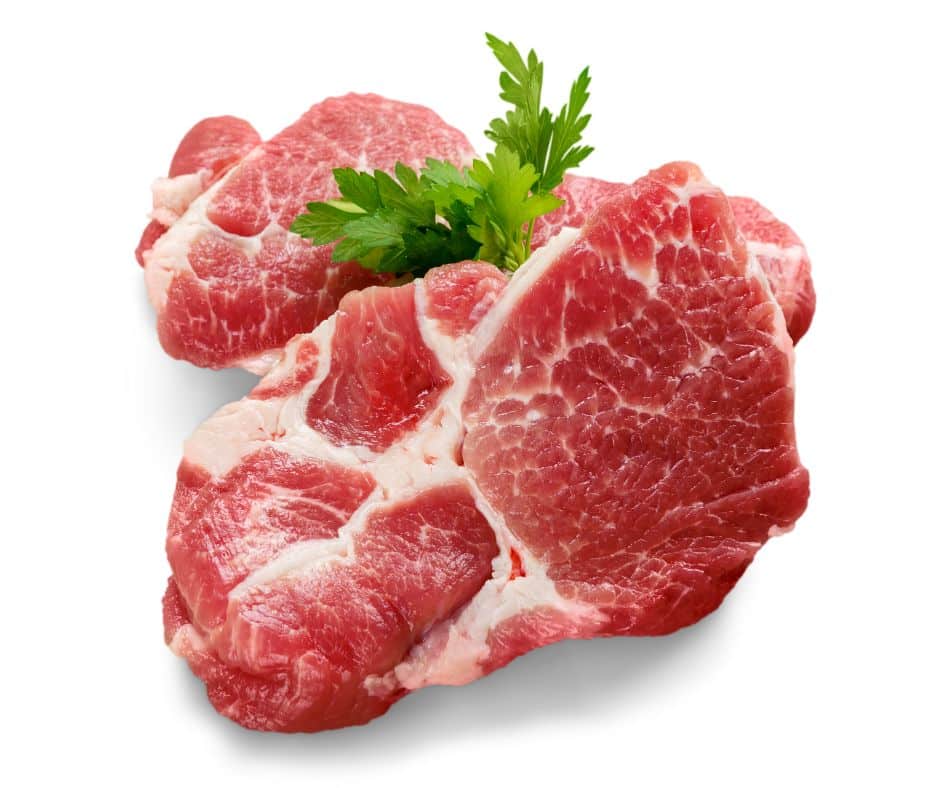
DO NOT FEED
- Sugar
- Grapes / Raisins
- Nuts
- Onions
- Raw potatoes
- Starfruit
- Raw pulses
- Quinces
- Garlic
- Elderberry
- Avocados
GOOD DESTRUCTION
- Carrots
- Boiled potato
- Courgette
- Broccoli
- Celery
- Pumpkin
- Cucumber
- Spinach
- Apple
- Pear
- Banana
Fruit and vegetables should be offered in small quantities at first. If digestive problems (such as diarrhoea or vomiting) are subsequently observed in the animal, these foods should no longer be fed.
We are happy to advise you on the best diet for your dog.

